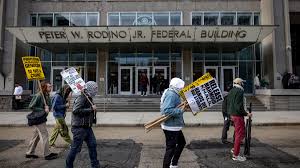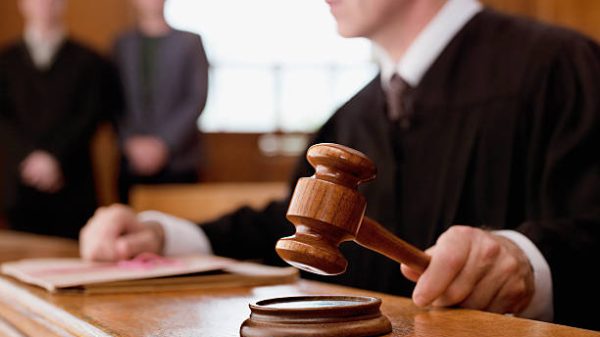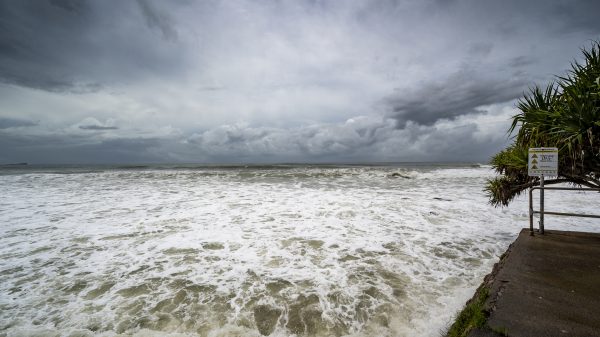New Jersey – The case of Khalil, a Columbia University protester arrested during demonstrations last year, will remain in New Jersey courts, following a ruling by a state judge. The protester, whose arrest sparked national debate over freedom of expression and university policies, was seeking to have his case moved to New York. However, the court decided that the case would continue to be handled in New Jersey, where the incident took place.
The Incident: Columbia University Protest and Arrest
Khalil, a senior at Columbia University, was one of several students who participated in a series of protests at the university last year. The protests were sparked by the administration’s handling of student concerns over campus safety and controversial speakers invited to campus. During one of the demonstrations, Khalil was arrested after reportedly refusing to disperse when ordered by police.
The incident quickly gained attention, with many arguing that Khalil’s arrest was an infringement on his First Amendment rights. Critics of the university’s response to the protest have said that the administration’s actions were an attempt to silence dissent and stifle free speech. On the other hand, supporters of the university’s decision maintain that the protest disrupted campus activities and posed a safety risk.
The Legal Challenge: Seeking a Change of Venue
Khalil’s legal team initially sought to move the case to New York, arguing that the arrest was part of a broader pattern of overreach by law enforcement and university officials in New York City. They claimed that the case should be handled in the jurisdiction where the protest occurred, and that New Jersey would be a more neutral location for a fair trial.
However, the court ruled that there was no compelling reason to change the venue, stating that the charges against Khalil were related to actions taken in New Jersey and that the case would be most appropriately tried in that jurisdiction. The ruling has sparked a range of reactions, with some criticizing the decision while others see it as an important step in ensuring legal proceedings are conducted impartially.
The Ongoing Debate: Free Speech vs. Campus Safety
The case continues to raise important questions about the balance between free speech and campus safety. Many students and activists have rallied behind Khalil, viewing his arrest as an attack on their right to protest. They argue that universities should be spaces where diverse voices and ideas can be expressed, even if they challenge the status quo.
However, university officials and some public figures have argued that while free speech is a fundamental right, it must be exercised in a manner that does not disrupt the functioning of the university or endanger public safety. The university’s response to Khalil’s protest has brought attention to the growing tension between these two concerns on college campuses across the country.
What’s Next for Khalil’s Case?
With the case remaining in New Jersey, the legal proceedings are expected to continue in the coming months. Khalil and his supporters are determined to fight the charges, with hopes that the trial will bring more attention to issues surrounding student activism and the limits of free speech on campuses.
Legal experts suggest that the outcome of the case could set an important precedent for future cases involving student protests and their legal ramifications. If Khalil is found guilty, it could have a chilling effect on student activism, but a victory could send a powerful message about protecting the rights of protesters in academic environments.
As the case moves forward, Khalil’s supporters continue to gather outside the courthouse, demanding justice and reaffirming their commitment to fighting for free speech and student rights on campuses nationwide.











